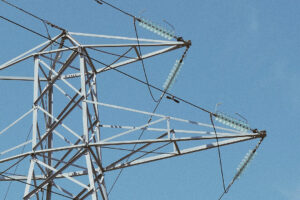THE Energy Regulatory Commission (ERC) said it is exploring with the United States Agency for International Development (USAID) ways to restructure the energy industry.
The initiative involves a collaboration with the National Energy Authority of Papua New Guinea, with which the Philippines shares many common issues.
“It is interesting to learn that the prevailing issues are not unique to the Philippines. There is so much to learn from this collaboration that will mutually benefit both regulators,” ERC Chairperson and Chief Executive Officer Monalisa C. Dimalanta said in a statement.
The ERC said it met with USAID and the New Guinea regulator to discuss energy security and approaches to reforming the energy industry.
“The Philippine energy sector was structured 22 years ago. With more than two decades, we are more than privileged to share our experience in hurdling the challenges in ERC’s journey towards energy transition,” Ms. Dimalanta said.
The Electric Power Industry Reform Act (EPIRA) of 2001 deregulated the industry and privatized most state-owned power generation and transmission assets.
The ERC has said that its priorities for this year are reviewing distribution utility and transmission rates and revising the guidelines for the competitive selection process.
New Guinea’s regulator is currently developing renewable resources and carrying out rural electrification.
Under the Philippine Energy Plan, the share of renewables in the energy mix is expected to rise to 35% by 2030 and 50% by 2040.
The National Electrification Administration (NEA) is targeting full electrification by 2028.
To date, the NEA said that about 600,000 households potentially serviceable by the main grid are still without power while another 23,000 households are located in off-grid areas. — Ashley Erika O. Jose
